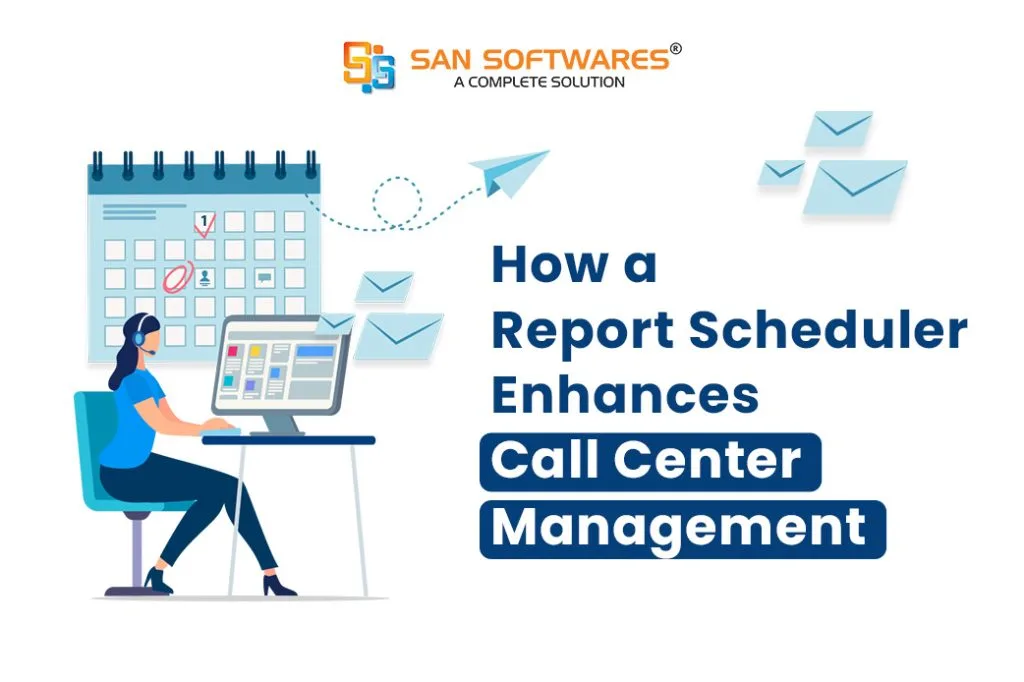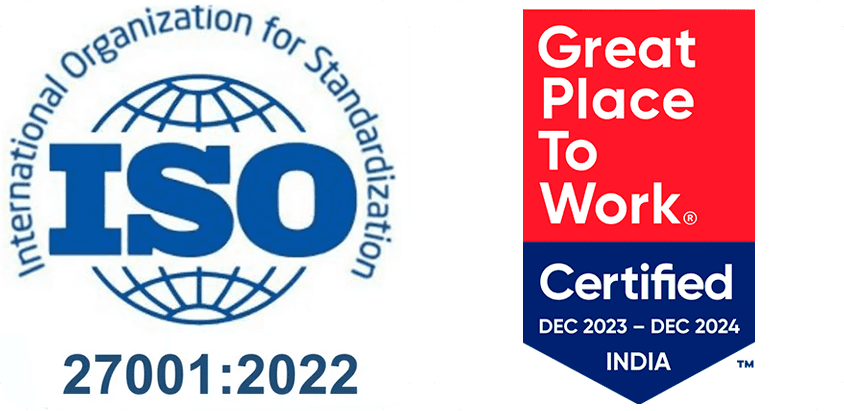
As every operation in the call center field is fluid, proper management is critical to maintaining order and increasing profit. Still, one of the leading tools that makes a great impact as a Call Center Management Solution is using an effective report scheduler. This blog discusses time reports as a key plan for managing call centres and as significant to BPO (Business Process Outsourcing).
Scheduling plays a crucial role in the day-to-day operations of a BPO for several reasons:
Scheduling enables organizations to increase the use of the available number of agents proficient in handling calls about the volume of traffic during the busiest periods to reduce the likelihood of clients being put on hold and thus increase their satisfaction.
BPOs can schedule the workforce in a way that will help to reduce operating costs while at the same time ensuring that call volumes are met.
Reports which are daily/weekly/monthly/parent reports, offer information on call center performance indicators, including the average handling time, first call resolution rates, and the level of customer satisfaction. This data is very important as it helps evaluate and enhance performance.
Real-time reporting of agents instantly includes knowledge about their activities, team activity, and overall business activities. It enables the assessment of strengths and areas of weaknesses.
Managers frequently use reports based on real-time data, giving ample opportunities to make the right strategic decisions, contributing to the company’s development and enhancing its customers’ experience.
Reporting is a discipline with regulations and standards within the industry to check all the organisation’s operations while ensuring that teams and individuals are in the right spirit within their required targets.
Organizing a call center largely depends on the flow of reports so that the problem can be solved as soon as possible. Key aspects include:
When selecting calling software for your call center, consider the following factors:
A report scheduler is one of the effective tools that help improve call center management using reports and tools for scheduling the work of the call centre successfully. BPOs have a strategic opportunity to use the sophisticated scheduling system and link it to the call center management solution to realize operations excellence, increase customer satisfaction, and enhance business outcomes.
From the insights made in this blog, organizations are directed towards the most appropriate ways of tackling challenges and exploiting opportunities for efficient scheduling in a BPO context, thus promoting the delivery of superior customer service in the present world market. It is now time for call center managers and owners to learn how this schedule report can change the direction of their businesses for the better.
SAN Softwares is a company dedicated to providing complete software solutions to Corporate and end-user customers.

SAN Softwares is a company dedicated to providing complete software solutions to Corporate and end-user customers.

© 2026 SAN Softwares Pvt Ltd | All Right Reserved